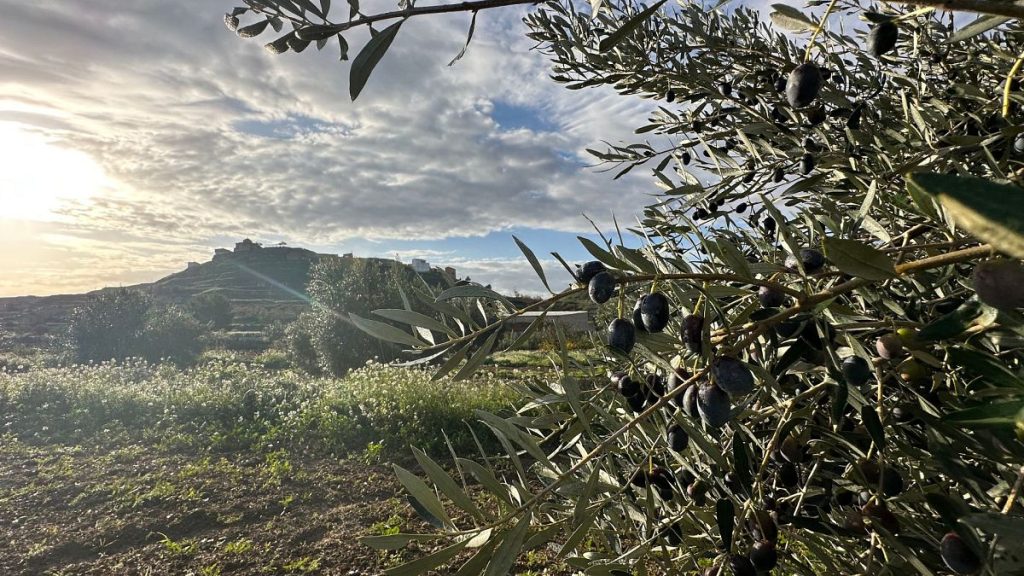Oliete, a quaint village nestled in the remote Teruel region of eastern Spain, faced a predicament common to many rural communities: a dwindling population and the imminent closure of its local school. However, the villagers devised an innovative solution centered around their most precious resource: olive oil. They launched the “ApadrinaUnOliva.org” initiative, inviting individuals worldwide to adopt an olive tree for a modest annual fee. This ingenious program not only provided a financial lifeline but also fostered a connection between the village and its sponsors, who receive two liters of olive oil annually and the opportunity to name their adopted tree.
The funds generated through the adoption program, combined with government grants and business partnerships, enabled Oliete to transform a former cow shed into a modern co-working space. This initiative aimed to attract digital nomads, individuals who can work remotely from anywhere with an internet connection, seeking a tranquil and affordable lifestyle. The co-working space provided a hub for these remote workers, facilitating their integration into the community and contributing to the local economy. The creation of this co-working hub generated 43 new jobs, breathing new life into the village and offering opportunities for both existing residents and newcomers.
Oliete’s charm lies in its remoteness and authenticity. Far removed from the bustling tourist hotspots of the Spanish Costas, Oliete offers a glimpse into rural Spanish life, where farming remains central to the community’s identity. The surrounding Rio Martin Cultural Park, a haven for majestic birds of prey like griffon vultures and golden eagles, adds to the area’s allure. This tranquil environment, coupled with the affordable cost of living, proves particularly appealing to digital nomads seeking respite from the pressures of urban life.
The influx of digital nomads has had a transformative impact on Oliete. The school, once on the verge of closure, now boasts a thriving student population of 27 children, a stark contrast to the mere three pupils it had before the initiative began. The village population, which had been steadily declining, has experienced a resurgence, with 19 new residents joining the community in the past year alone. This demographic shift has injected a renewed sense of vitality into Oliete, demonstrating the potential for rural communities to revitalize themselves by embracing new technologies and welcoming remote workers.
The digital nomads who have chosen Oliete represent a diverse group, drawn to the village for various reasons. Some seek a temporary escape from demanding city jobs, relishing the slower pace of life and the opportunity to reconnect with nature. Others, disillusioned with urban living, have made Oliete their permanent home, attracted by the lower cost of living and the strong sense of community. The village’s welcoming atmosphere and the genuine warmth of its residents contribute significantly to the positive experiences of these newcomers.
Oliete’s success story is not an isolated incident. The village is part of the “Red Nacional de Pueblos,” a national network designed to support struggling rural communities in attracting digital nomads. This network provides resources and guidance to villages seeking to replicate Oliete’s model, recognizing the potential of digital nomadism to revitalize rural areas. The initiative addresses the broader issue of rural depopulation in Spain, where a significant number of municipalities are at risk of disappearing. Oliete’s experience serves as a compelling example of how embracing innovation and welcoming new residents can transform a struggling village into a thriving community.














